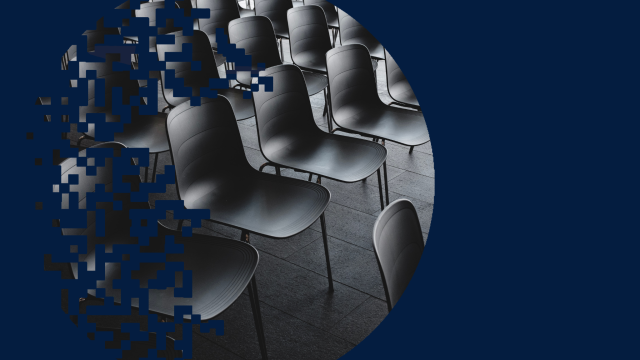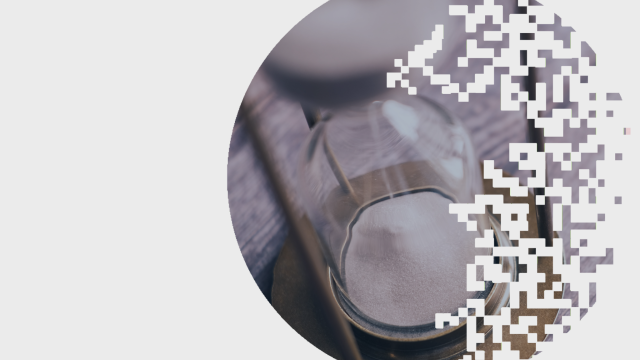A Gentle Introduction to Coding for
Data Analysis
This course is designed for researchers who are complete beginners with no prior knowledge of coding and data analysis. Through lectures and exercises, attendees will learn how to code in Python, starting from core concepts such as variables and loops, through to coding live data visualisation. The course explores the basics of programming: variables, functions, loops, operating on data structures, data wrangling, visualisation, and publishing to the web. By the end of the course, attendees will understand how to bridge the gap between humans and computers, and how to apply the skills they have learnt to their own data analysis and research. This course is intended to be a foundation for those intending to start a journey towards analysing Humanities and Social Sciences research data.
Key principles:
-
No previous coding experience is required.
-
Encourage collaboration with other students to achieve goals and tasks. Instructors will be available in the room to help.
-
The course combines mini-lectures, guided coding examples and programming challenges.
-
Students will work towards describing and visualising data.
-
Provides the foundations needed to continue your coding journey through self-study.
Text and Data Analysis
in the Wild
This course is designed to help researchers with coding experience understand how data and text analysis projects are performed in a research environment. It starts with identifying a series of research questions connected to this year’s core topic (cost of living in Scotland and the UK). Then it explores how computational methods can be used to obtain, clean, and analyse structured and unstructured datasets in R to answer those questions. Topics will include web scraping, text analysis, sentiment analysis, data wrangling, statistics, and data visualisation.
Key principles:
-
General knowledge of the interface of RStudio and coding is required. Materials will be released in advance to support attendees in refreshing their R skills.
-
Fosters interdisciplinary thinking by bringing social science and humanities researchers together to explore methods.
-
Covers both structured and unstructured data.
-
Illustrates the development process of data-led projects by moving through phases of the project lifecycle.
-
Challenge-led, helping researchers learn how to deal with real-world data.




